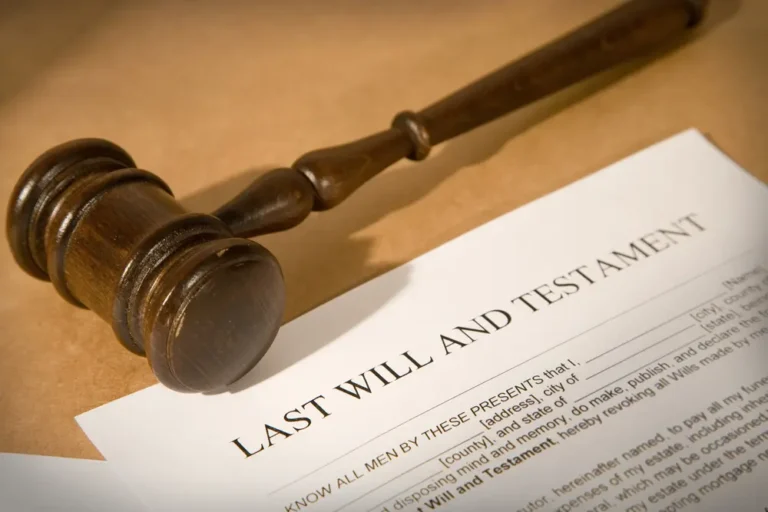What to Do When the Executor Won’t Probate a Will in Texas~3 min read
When someone passes away, the executor of their will has the responsibility to make sure the will is probated, meaning it is validated by the court and the estate is administered according to the decedent’s wishes. However, in some cases, the executor may refuse to carry out this duty, either due to personal reasons or a lack of understanding about the probate process. If you’re a beneficiary in Texas and find yourself in this situation, it’s important to know what you can do to make sure the decedent’s estate is properly handled.
1. Understand the Executor’s Responsibilities

The executor of a will is legally required to carry out the decedent’s wishes as outlined in the will. This includes submitting the will to probate court. If the executor is refusing to do this, there could be various reasons, such as personal disagreements, lack of knowledge, or reluctance to assume the responsibility.
2. Communicate with the Executor
If possible, try to have a conversation with the executor to understand their reasons for not probating the will. There may be a misunderstanding or personal concerns that could be resolved through communication.
3. Check the Will’s Validity
Make sure that the will is legally valid and can be probated. If the will is not in proper form or has issues (such as missing witnesses), this could delay the probate process.
4. Petition the Court for Appointment of a New Executor
If the executor refuses to act, you can petition the court to remove them and appoint a new executor. You will need to show that the current executor is not fulfilling their duties, and the court may decide to replace them if warranted.
5. Consider Seeking Legal Advice
If the executor is uncooperative, consult with an experienced probate attorney. They can guide you through the process of petitioning for a new executor or taking other legal action if necessary.
6. File a Petition for Probate
In some cases, you may be able to file a petition for probate yourself, especially if you’re an interested party (e.g., a beneficiary or heir). The court can then appoint an administrator to oversee the estate if the original executor is not fulfilling their duties. Texas law requires that a will be submitted for probate within four years of the decedent’s death.
Contact Springer & Lyle
If you’re dealing with an executor who refuses to probate a will, you have legal options to resolve the issue. An experienced attorney can guide you through the process and make certain the will is honored, and the estate is properly administered. At Springer & Lyle, we are here to support you every step of the way. Contact Daniel Abasolo at 940.370.4033 to schedule a consultation.
Springer & Lyle is located at 1807 Westminster, Denton, TX 76205.








